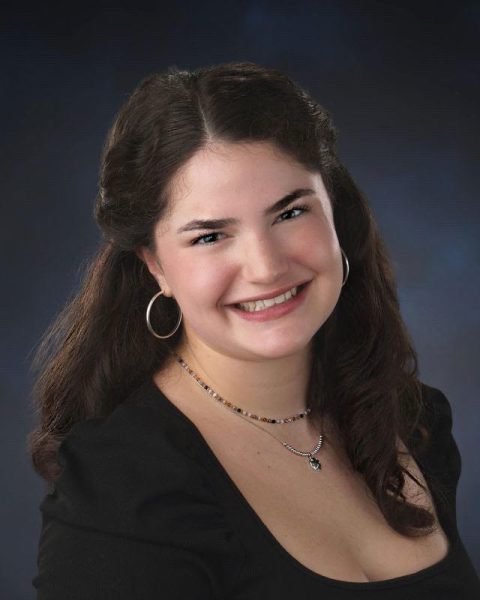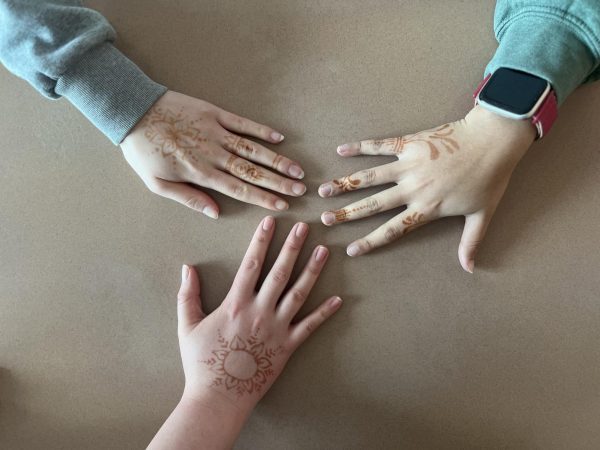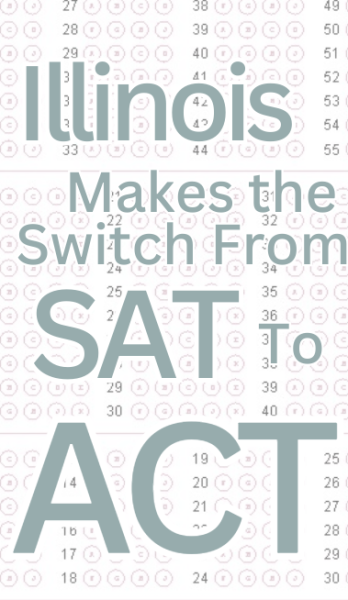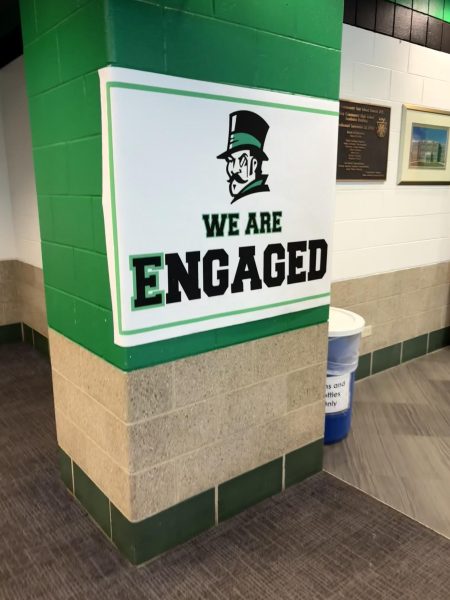York Student Services explores restorative detention practices
Throughout the 2016-2017 school year, York Student Services explored alternatives to traditional detention practices that would step away from detention stereotypes and step towards proactive restorative justice.
Examples of practices put in place last semester included self-reflection, conflict mediation, explicit social-emotional skill instruction, community service, and referrals to community agencies, according to Melissa DeLaRosa, assistant principal of YSS.
“As the Student Services team is implementing these practices, they are evaluating whether or not they are beneficial for students,” said DeLaRosa as these tactics were initially applied. “Once team members have had a chance to evaluate the effectiveness of this support they will look to implementing them on a larger scale in the future.”
By semester two, the focus was split into two categories: behavioral reasons and attendance issues. Members of YSS have experimented with different methods between the two.
“We want to allow opportunity for students to self-reflect,” said Alena Edwards, a York dean. “The way we have been targeting that is that students that are in detention for an in-school suspension are asked to complete a short survey that asks ‘Why are you there?’ and ‘How can we fix this problem?’.”
The application of the surveys was the first factor used to examine improvement in students with repeated truancy. At the beginning of the year, YSS initially collected baseline data regarding attendance which will be compared to data collected after the course of the school year. Additionally, in the case of repeated conflicts, the surveys can be accessed to guide the student using his or her own reflection.
“The benefit to the surveys is the option to analyze this data and apply it to next school year,” said Phil Urbanski, dean. “We can look for areas that need improvement and begin implementing policies to fix them.”
With other issues, including student conflict, a different approach may be necessary, suggests a School of Mental Health project done at University of California, Los Angeles. The project, Addressing Barriers to Learning, addresses that possible benefits of punishment may be eliminated as the student develops a resistant attitude toward negative consequences. Instead, a list of alternative steps is provided including personalizing instruction, reestablishing a calm environment and providing consequences perceived as logical by the student. YSS is developing a discipline system that agrees with these ideals.
“We have really put in an effort to try and build positive, authentic relationships with kids as we see them,” said Edwards.
YSS believes that cultivating relationships with students opens the door to more candid conversations and more effective discipline.
“It allows for a trustworthy open environment where kids don’t feel like they have to put up a guard,” said Morgan Taylor, senior. “If there is a relationship of trust conflict can be worked through in a honest way.”
This approach to behavior infractions has been a focus of YSS for quite some time but is now becoming more systematic with the intention to apply policies where they are needed.
“These improvements will help students find the solution to their own problems through reflection, which is more powerful than straight discipline,” said Nathan Rago, senior. “This will hopefully lead to a more punctual nature of future student life at York.”
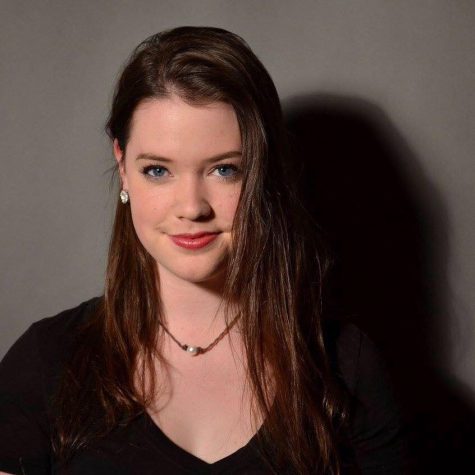
Shay is a York High School senior and enthusiastic about being a Duke. She spends most of her time in the music department due to her involvement in choir,...



